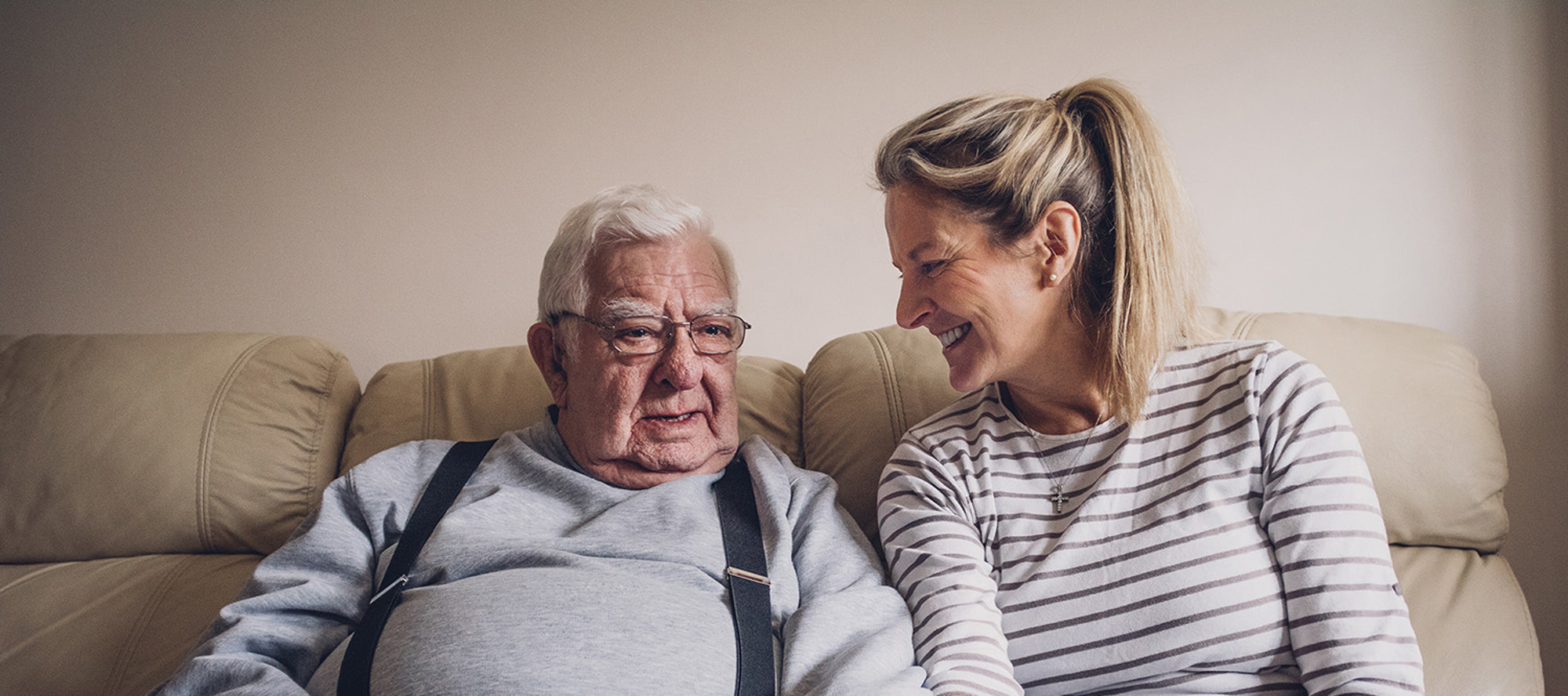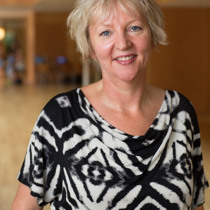We live in an ageing society. There are increasing numbers of older people (mainly very old) living with complex co-morbid conditions, such as dementia, who need support to manage daily living. Social work has a key contribution to make to improve this group of older people’s quality of life and wellbeing; promoting autonomy, independence and dignity; and helping to deliver personalised care. Its main focus is on understanding the physical and mental health challenges that older people may experience in context: personal, family, home, socio-political, societal and legal and cultural.
Social workers also have a ‘bigger picture’ responsibility to promote social justice for disadvantaged older people, address abuse and the causes of abuse, recognise the role of life course and age-related inequalities in creating or perpetuating ill-health, and challenge discrimination – specifically ageism.
In addition to those skills all social workers have, gerontological social workers should have specialist knowledge and skills including: understanding the ageing process and models of ageing; appreciation of the impact of age-related health issues, losses and transitions; recognition of the (often) interleaving nature of need and care in later life; skills of communication with people with advanced dementia; and a willingness to engage with the lived experiences of the older person (and their carer) and adopt a biographical lens on the assessment process (Ray et al., 2015). Advocating for the rights of older people to ‘take risks’ and gain access to high quality services are also key roles.
There is some evidence about the effectiveness of social work with older people. It is strongest in relation to social work in palliative care and health care settings as noted by Moriarty and Manthorpe in their recent review of the effectiveness of social work with adults (2016). Studies by Moore et al., (2014), Albert et al., (2002), Challis et al., (2002) and Engelhardt et al., (2006) suggest that social workers’ effectiveness is based on a combination of skills, including assessment, knowledge about local resources, and the ability to provide counselling and/or ongoing support. User-generated evidence suggests that what matters to older people are the social work skills of: advice and advocacy, negotiation with agencies and services, psycho-therapeutic support, signposting and practical guidance (Beresford, 2007). ‘Being there’ for the long haul and ‘being persistent and consistent’ are also important. A practice that prioritises the relational dimensions of care and engagement with decision-making is highly valued by older people and their families.
A number of these dimensions dovetail with strengths-based approaches. Promoting independence, working with older people and their carers, recognising the role played by the family, community and social capital in maintaining wellbeing, and facilitating links with a wide range of resources are all examples. Enabling social workers to build up meaningful trusting relationships and engaging with older people’s – and their carers’ – narratives to a greater degree, making use of therapeutic skills, offering time-rich nuanced assessments and building on ‘what matters’ are all welcome elements of the renewed emphasis on strengths-based work. A shift towards recognising older service users’ coping skills and the resources they have built up over a lifetime and partnership working are also positive.
However, there are a number of key challenges. Whatever the value of an approach or model may be, it is embedded in a wider context. Swingeing cuts to local authority budgets, the raising of eligibility criteria for social care to a very high level, and concerns about the ‘market’ excluding greater numbers of marginalised older people undermine the potential of strengths-based approaches to deliver improved outcomes. An approach that emphasises individualisation undermines the development of collective responses – especially if these require public funds – and struggles to engage with a discourse about addressing inequalities such as sexism and poverty that are socially and structurally produced and thus require political solutions rather than personal ones.
There are also concerns that an emphasis on strengths fails to address the complex and embedded nature of the difficulties most older people who see a social worker have. Social work with older people generally takes place in difficult circumstances when individuals and their families are under great stress, are vulnerable and ill, and need advice, support and expert empathic help. One of the mechanisms social workers need to be alert to is the potential to ‘outsource risk and responsibility’ to users and carers – what critics of the self-help model in medicine call the ‘treatment burden’. How far is the state transferring responsibility for care to the individual and, if it is, how far is this shift consistent with the social work values of social justice and advocating for the rights of those older people whose voice is not heard?
It is also useful to note that empirical evidence shows that there is:
‘Little variation in the effectiveness of the array of approaches…it is the quality of the relationship between the social worker and the client rather than the specific model of practice that has been proven to be a strong predictor of outcomes’ (O’Leary et al., 2013).
It is only when eligibility criteria and the strengths-based approach meet that it is really tested. None of this is to say that the strengths-based approach does not have value and could benefit many older people and their families but we need to aware of its political location, the policy agendas that drive it and how far we are engaging with the needs and concerns of older service users themselves in its development and delivery.



